The Online Artificial Intelligence (AI) program from Columbia Engineering and 2U, Inc., is designed for business leaders and technical professionals who are interested in deepening their artificial intelligence (AI) knowledge. Through this foundation, they can provide innovation and advancement in their organizations.
Learners will receive a certificate from Columbia Engineering Executive Education after successfully completing the bridge course and six-course program courses. These courses, designed and delivered by world-renowned Columbia Engineering instructors, along with an on-campus immersion, provide a one-of-a-kind hybrid learning experience in the online AI program.
Course and Curriculum Overview
Throughout the online AI Executive Education certificate program, which is both non-credit based and non-degree based, learners will study in a remote classroom setting, individually, and together on Columbia University’s Morningside campus in Manhattan.
First, each learner takes part in the self-paced bridge course, focusing on prerequisites for the other six courses in the 18-month Columbia AI program. Topics include basic programming, data structures, and math (probability theory, discrete math, calculus, and linear algebra). With five pretests and five posttests, the course is ungraded. Learners, however, are encouraged to review any material where they score less than 65%.
Some external programs/software/tools that may be used include:
- Python
- Codio
- Google Colab
- TensorFlow
- Jupyter Notebooks
Learn more about the AI curriculum.
Bridge Course
The bridge course, with five pretests and five posttests, covers calculus, linear algebra, probability, data structures, discrete math, and programming in Python. It is designed to ensure that learners are able to meet the prerequisites for the core courses, and provide a review and refresher of basic math, data structure, and programming concepts.
Core Courses
The primary courses for this online AI program certificate have live and asynchronous coursework, preparing learners for the AI certificate. Within the coursework, learners explore emerging AI research and trends with world-class faculty and instructors on a state-of-the-art digital learning platform that uses one-click access, live classes, offline learning, search and collaboration capabilities, and tech support.
The six courses include:
- Intro to AI and business for AI: This course covers the history and evolution of AI, adversarial search, search, AI ethics, constraint satisfaction problems, machine learning, and logical agents with eight quizzes and three assignments.
- Algorithms and machine learning: This course is divided into two sections, where you first learn how to design and analyze algorithms, then you focus on supervised learning techniques for classification and regression on real-world data sets. There are four homework assignments in this course.
- Neural networks and deep learning: This course explores aspects of neural networks and deep learning models, focusing on the invention, history and development of aspects of neural networks and deep learning models and their relationship to machine learning. There are five assignments, eight quizzes, and a final exam.
- Natural language processing and speech: This course focuses on natural language processing and building systems to analyze, understand, and produce language, exploring the many applications for these concepts. This class’s grade is made up of three assignments and class participation.
- Computer vision and robotics: This course covers the applications and fundamentals of robotics and computer vision, as well as the underlying theory and principles of the sensorimotor loop, providing learners with an understanding of how computer vision systems and state-of-the-art robots work. There are four assignments and four quizzes.
- Data privacy, security and policy: This course provides an understanding of policy aspects, security and privacy surrounding machine learning systems, as well as legal requirements for security and privacy. This class’s grade is made up of six exercises and class participation.
On-Campus In-Person Immersion
Taking place on Morningside campus in Manhattan, the three-day, in-person immersion is a cornerstone of the Columbia online AI certificate. New York City is a hub of research, creativity, and innovation, and the immersion features presentations, working sessions, networking opportunities, and community-building events with alumni, peers and instructors.
International learners are expected to have their own visa status that permits them to live in or enter the United States for this weekend-long, required in-person immersion. This non-degree program is not eligible for a student visa, and learners are not permitted to study in visitor or visa waiver. All questions can be directed to the International Students & Scholars Office at [email protected].
Python Coding for AI
Learners are expected to be able to use Python throughout the course of the certificate program. A refresher in Python is provided through the bridge course, which focuses on data structures, calculus, linear algebra, probability, and Python.
Python is considered one of the most popular coding languages for AI because it is flexible, simple, and powerful. Throughout the core courses, there will be a significant amount of coding, and a clear understanding of Python is critical for success.
For non-technical executives with an understanding of coding and applicable coding skills, the coding within the course should not be out of reach.
Professional Outcomes
Career outlooks for those with AI skills are growing faster than average: The demand for software developer jobs is expected to grow by 25% from 2022 to 2032.1 Computer and technology employment rates are growing much faster than other occupations, with 377,500 job openings projected each year from 2022 until 2032.2
Learn About Program Instructors
The Columbia Engineering instructors and leadership members are here to support learners as they complete the Columbia Artificial Intelligence executive certificate program.
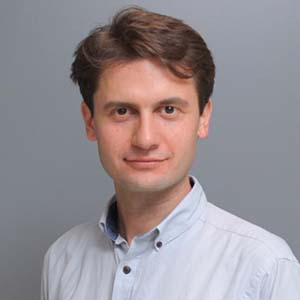
Alexandr Andoni, PhD
Associate Professor of Computer Science
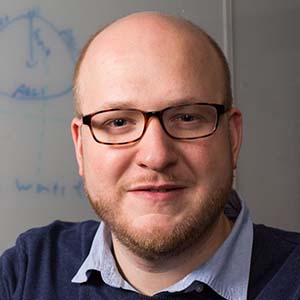
Daniel Bauer, PhD
Lecturer, Natural Language Processing
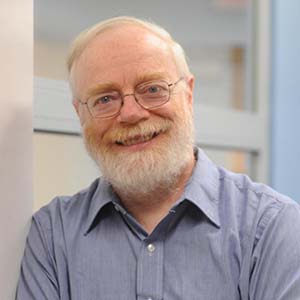
Steven Bellovin
Percy K. and Vida L. W. Hudson Professor of Computer Science
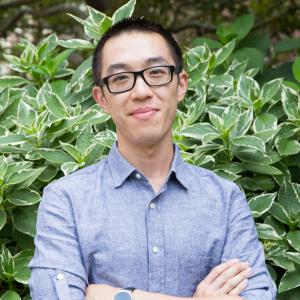
Tony Dear
Lecturer in the Discipline of Computer Science
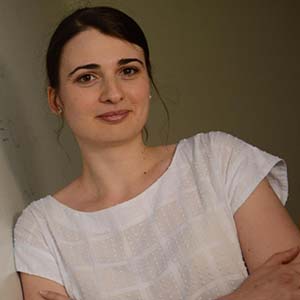
Roxana Geambasu
Associate Professor of Computer Science
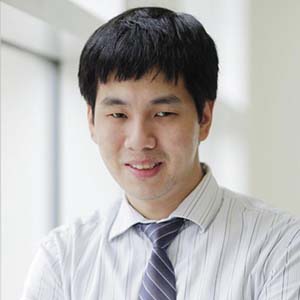
Daniel Hsu
Associate Professor of Computer Science
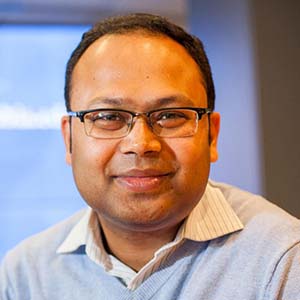
Suman Jana
Associate Professor of Computer Science

Zoran Kostić, PhD
Professor of Professional Practice in Electrical Engineering
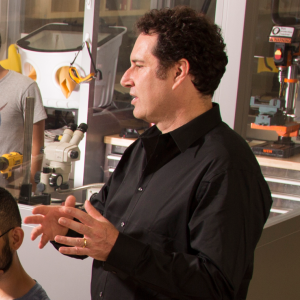
Hod Lipson
James and Sally Scapa Professor of Innovation
Department of Mechanical Engineering
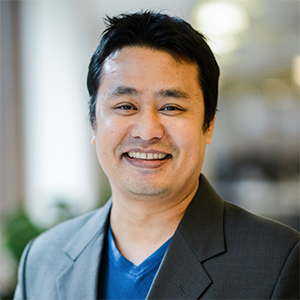
Sameer Maskey, PhD
Adjunct Associate Professor of International and Public Affairs
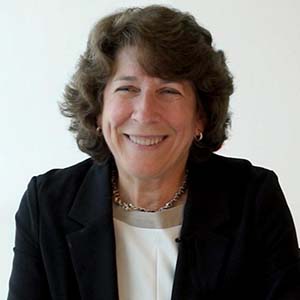
Kathleen McKeown, PhD
Henry and Gertrude Rothschild Professor of Computer Science
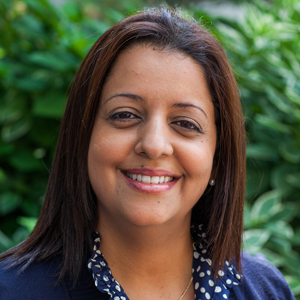
Ansaf Salleb-Aouissi, PhD
Senior Lecturer, Computer Science
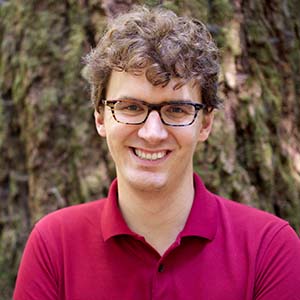
Carl Vondrick
YM Associate Professor of Computer Science
About 2U, Our Program Partner
As the parent company of edX, a leading global online learning platform, 2U provides over 46 million learners with access to world-class education in partnership with more than 230 colleges, universities, and companies. Our people and technology are powering more than 4,000 digital education offerings — from free courses to full degrees — and helping unlock human potential. Learn more at 2U.com.
1Software Developers, Quality Assurance Analysts, and Testers. (2023). U.S. Bureau of Labor Statistics. Retrieved October 1, 2023.
2Computer and Information Technology Occupations. (2023). U.S. Bureau of Labor Statistics. Retrieved October 1, 2023.

